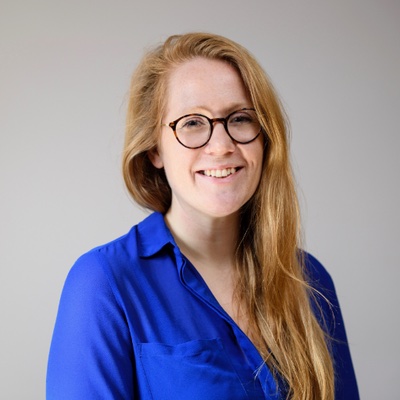News and updates from today's conference looking at the practicalities of Serious Incident Investigation and how this has changed with the publication of PSIRF.

Dr Samantha Machen
Head of Patient Safety Incident Response & Associate Director of Patient Safety, University Hospitals Sussex NHS Foundation Trust
Sam completed an undergraduate Masters of Nursing Science (MNurSci) degree at the University of Nottingham before working as a qualified intensive care nurse at the East Midlands Major Trauma Centre in Nottingham.
Mortality Governance & Learning from Deaths
• PSIRF and the national framework for Identifying, Reporting, Investigating and Learning from Deaths
• the national context - Learning From Deaths and the introduction of Medical Examiners
• developing Mortality Governance locally
• serious incidents, learning from deaths, and Covid-19
• sharing information about deaths between providers: challenges and information governance
Sam said "Safety is so complex, its rare there is ever just one cause in an incident" "There are many cogs in the chain and they are all related to eachother, Its unlikely that there is ever just one cause".

Dr Martin Farrier
Associate Medical Director Chief Clinical Information Officer and Consultant Paediatrician, Wrightington, Wigan and Leigh NHS Foundation Trust
Martin qualified in 1992 from Charing Cross Medical School. He initially trained as a GP, before becoming a paediatrician. He took his first post as a Consultant in 2001 at Wigan where he specialised in Neonates and Cardiology.
The New Patient Safety Incident Response Standards in practice: Lessons from an Early Adopter of the PSIRF
• leading the way on the PSIRF and how the Trust has implemented the pilot scheme
• challenges and barriers to change: fostering a patient safety culture
• a whole systems change to how we think and respond when an incident happens to prevent recurrence
• monitoring adherence to the new patient safety incident response standards
• our experience as an early adopter: identifying local priorities
Martin discussed studies which he has undertaken in the areas where things were going wrong. He said - " You can get a wider breadth of understanding from looking at the bigger picture"
Martin went on to say "We can make change happen, but we need to learn and agree on how we are going to do it"
Martin concluded his talk by saying "We need to work out how we make systems Better, Safer & Stronger"
Mrs Lucy Nankivell
Head of Clinical Improvement and Transformation, University Hospitals of Derby and Burton NHS Foundation Trust
EXTENDED SESSION: Learning from Patient Safety Incidents Embedding PSIRF and the Role of the Patient Safety Incident Investigator
• embedding PSIRF
• improving the response and investigation of incidents
• developing the role of the patient safety incident investigator
• supporting technology: what needs to change
• embedding learning in response to patient safety incident investigation
Lucy explained that they have implemented PSIRF into their trust, she said "We have introduced this to improve our organisaiton so it is a better place to work and a safer place to be a patient".
Lucy went on to say "PSIRF gives us the opportunity to rise the profile of improvement and build capacity"
She concluded by saying "The purpose of this is to learn to improve".






















